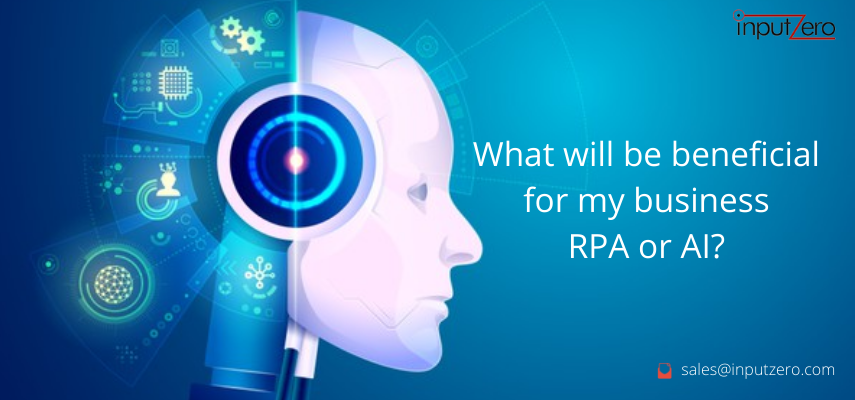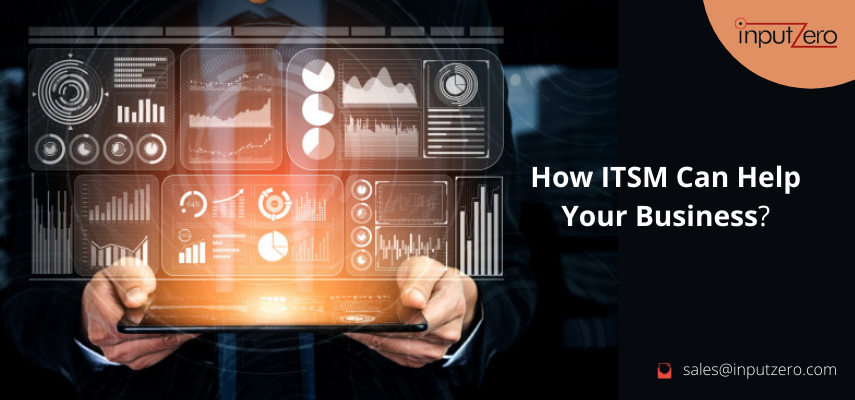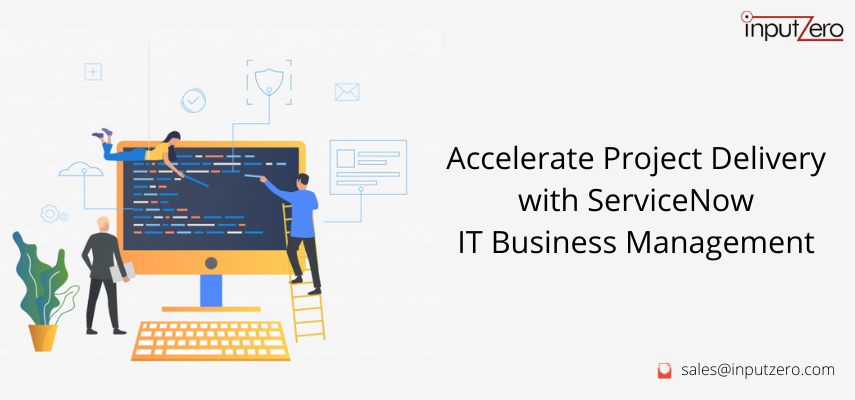Artificial intelligence (AI) and Robotic Process Automation (RPA) are two of the most successful technologies for organizations to drive growth in the enterprises by reducing costs, and also achieve the seemingly incompatible goals of increasing customer satisfaction and employee morale while reducing operational costs.
RPA is NOT a learning machine
Robotic Process Automation (RPA) involved bots which perform like human. RPA robots perform the same way every time. They do not learn from repetitive actions, and they will not improvise or come up with an improved way of doing their programmed task. RPA robots are more similar to virtual assistants who let you relieve of repetitive tasks that are not complex but eat valuable employee time.
RPA is good for automating straightforward tasks. When business processes are more complex or have need of the capacity to put two and two together, Artificial Intelligence can take automation to the next level.
Artificial Intelligence
Is RPA the same as AI? No. Artificial Intelligence (AI) relates to algorithms that reproduce human behaviour. The difference lies in the activities and actions part, which makes RPA more of an “action oriented” technology and AI a “decision oriented” technology. The major difference between RPA and AI usage is mostly in their inherited functionalities rather than their application features.
Let’s see what separate AI and RPA and how both can help your enterprise achieving ‘Digital Transformation’ for your enterprise.
Using RPA to augment people is a proven way to benefit the organization with:
- Accuracy: minimize human error and the costs associated with it
- Compliance: create audit trails and follow regulatory rules precisely
- Speed: complete tasks faster and improve efficiency
- Reliability: bots are always available and work round-the-clock, minimizing delays
- Improved Employee Efficiency: free up employees from repetitive tasks so they can focus on productivity
RPA software is used to build rule-based bots that are programmed to do a particular task.
RPA in Digital Transformation:
Consistency
RPA provides consistent results in some specific tasks. RPA software like Automation Anywhere, allow building bots that can perform specific actions.
ServiceNow, which is a leading software provider for digital workflows, announced the acquisition of Intellibot, which is a developer of RPA (Robotic Process Automation) applications.
Efficiency
Enterprises always look to make the processes efficient, RPA implementation always results in phenomenal speed in the completion of tasks. RPA can work 24 by 7 because the bots never get tired. Bots can enter hefty chunks of information and extract data without ever getting tired.
Reasonable Costing
Every enterprises main purpose to focus on digital transformation is to decrease costs while building digital enterprise. Robotic Process Automation is the good way to reduce your enterprise operational costs.
Artificial Intelligence (AI)
So why Artificial Intelligence is getting famous in enterprises world? Because it works in ways you can’t measure the depth of. AI helps you to,
- Accuracy: minimize human error and the costs associated with it
- AI make Predictions of future demands for products and services
- Calculate almost exact ROI on your spending
- Help to fix the marketing budget
- Recognise the best prospects for an interview
- Identify frauds in your financial statements, and uncountable other things
AI systems can simulate logical capabilities and act as humans do. Unlike RPA, AI is a self-learning technology that studies from the data served to it and makes decisions. RPA is a static technology which runs using rules while AI is dynamic technology that continuously adapt from its environment.
Artificial Intelligence in digital transformation
Predictions
AI analyse historical data to make predictions that fit in to that pattern. For this, supervised learning is used, which parses huge amounts of data and brings output based on the predetermined inputs.
Segment Enterprises customers
AI machines allows enterprises to easily segment their customers. By adding in the demographics, age, gender, behaviour, and other parameters, Machine Learning algorithms can segment customers without any hassle.
Less fraud, spam, and security threats
Digital transformation depends on the accuracy of your transactions and how efficiently you are able to achieve the desired results. Systematic AI implementation helps in lessening fraud by adding parameters to the Machine Learning models, which can easily identify the irregularities in any system.
RPA and AI: The Automation Intelligence model of Digital Transformation
Now that you have enough information about the Automation and Artificial Intelligence. It’s time to explore where you can make your enterprise a powerhouse of digital transformation.
We can combine AI and RPA to support digital transformation. RPA and AI will multiply their efficiency when both the technologies are used together.
The right strategy for digital transformation includes utilizing Artificial Intelligence (AI) in the initial stages to structure the unstructured data. After that focus on RPA implementation to source data and information, and finally using AI to make intelligent, informative, and insightful decisions.
Which Technology should you choose for Digital Transformation – RPA or AI?
Basically it totally depends enterprise to enterprise, the stage of digital transformation required by enterprise. If any enterprise need efficiency in the operational process, RPA can be a good choice. On the other hand, Artificial Intelligence (AI) is the perfect technology if any enterprise need intelligent machines to derive valuable insights.
We suggest to implement both the technologies so that each one complements the other. These two technologies can provide capabilities for improving efficiency with boost in productivity, and building an organization with maximum ROI on digital transformation.
Reach out to our sales department today at sales@inputzero.com, to know how we can help you implementing RPA and AI in your organization.








